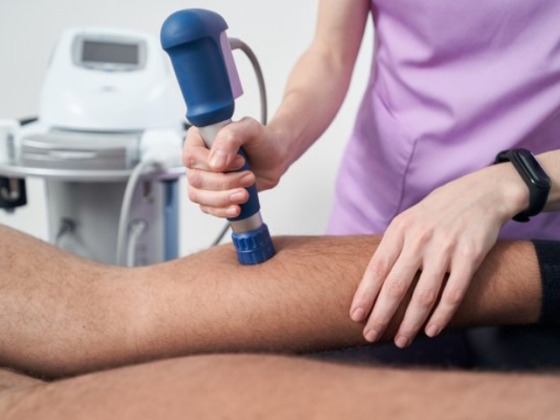Have you ever thought, who is looking out for my safety and rights when I enter a clinical trial? This is where the ethics committee comes in.
Who’s on an Ethics Committee?
Get to know some of these people who look out for your rights in clinical research studies — ethics committees, or, as they are known in some countries, by their acronym: Institutional Review Boards (IRBs). They typically include:
- Medical professionals
- Scientists
- Ethicists
- Legal experts
- Community members
The diversity ensures that every facet of a clinical trial has been meticulously scrutinised from multiple angles.
How Do Ethics Committees Evaluate Clinical Trials?
The ethics committee kicks into high gear whenever researchers propose a new clinical trial. Here’s what they do:
- Review the study protocol: They assess the design, methods, and procedures for the trial to ensure they are ethical.
- Assess risks and benefits: The committee weighs the potential risks to the participants with the anticipated benefits of the research.
- Assess informed consent: They review the explanation given to potential participants to ensure it is clear, complete, and not misleading.
- They make sure that if a group is included, they were made part of the selection process and that no group was unjustly burdened or discriminated against.
- Monitor ongoing studies: Their job doesn’t stop at approval. They still focus on overseeing the study as it plays out.
How Ethics Committees Shape the Research Process
Ethics committees have been credited for their impact on clinical trials. They can:
- Ask for details about how the study will be conducted in order to minimize the risks for participants.
- Make sure informed consent documents clear.
- Propose further protections for at-risk populations.
- Work to ensure participant privacy and data security.
How To Protect Your Rights as a Patient
Ethics committees are your allies in clinical studies. They ensure:
- Your safety is the number one priority.
- You get clear and honest information about the study.
- You are entitled to the same rights during the trial.
- You’re not put in harm’s way needlessly.
Your Role in the Ethics Review Process
You as a patient also have an important role in this process. Here’s how you can engage:
- Make a request to see the ethics committee approval for any study you are considering.
- Review the informed consent form thoroughly.
- Feel free to query the ethical dimensions of the study.
- Make any of your concerns during the trial known to the ethics committee if you feel the investigator site has acted unethically.

Typical Ethical Issues Encountered in Clinical Trials
Ethics committees look into various major concerns in clinical research:
- Informed consent, which is how we make sure you understand fully what you’re agreeing to when you become a participant in a study.
- Use of Placebos. Balancing the scientific imperative of using placebos against possible harms to participants.
- Protecting vulnerable populations: Extending additional protections to people like children, pregnant women, or people with cognitive impairments.
- Data privacy: Keeping your personal and medical information private during the study.

Act like an ethics committee member with your clinical trial site
A few points to keep in mind on your clinical trial journey:
- Ask questions: Don’t hesitate to ask how the study will protect your rights and safety.
- Know your rights: You have the right to withdraw from a study at any time, with no repercussions.
- Ask for clarity: If you don’t understand something, ask for it to be explained in layman’s terms.
Ethics committees help make sure that clinical research is safe and ethical. They operate behind the scenes to protect your rights, safety, and well-being as a human subject. Knowing your role and approach to them is important to becoming an active partner in the research process that moves medical knowledge forward, safe and informed.
Remember, in clinical research, your safety and rights always come first. Ethics committees are there to make sure of it.











